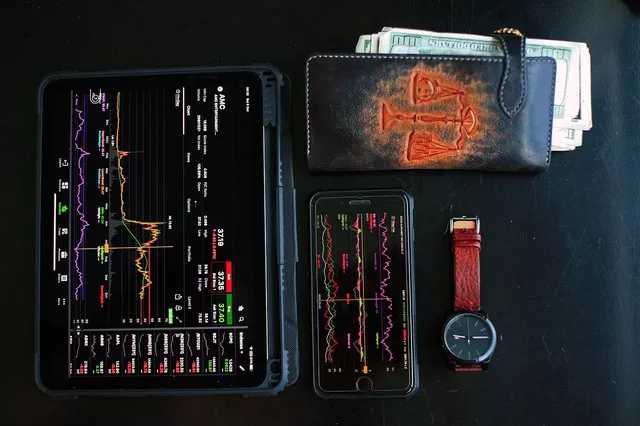The world of finance and investment offers a plethora of opportunities for individuals and institutions alike to engage in trading various assets, including commodities, stocks, and currencies. One avenue for speculation and hedging is through futures contracts, which allow traders to buy or sell assets at a predetermined price and date in the future. However, a common question that arises among investors is whether it’s possible to sell futures immediately after purchasing them. In this article, we delve into the intricacies of immediate futures selling, examining the factors influencing this decision and the potential implications for traders.
Understanding Futures Contracts
Futures contracts are standardized agreements to buy or sell a specified quantity of a commodity or financial instrument at a predetermined price on a specified date in the future. These contracts are traded on organized exchanges, such as the Chicago Mercantile Exchange (CME) or the Intercontinental Exchange (ICE), and serve multiple purposes, including speculation, hedging, and risk management.
Each futures contract represents a commitment between a buyer (long position) and a seller (short position) to exchange the underlying asset at a future date. The buyer agrees to purchase the asset at the contract’s price, while the seller agrees to deliver the asset at the same price. Futures contracts are settled either through physical delivery of the underlying asset or cash settlement, depending on the terms of the contract.
Can I Sell Futures Immediately?
The ability to sell futures immediately after purchasing them depends on several factors, including market conditions, liquidity, margin requirements, and trading rules. In most cases, traders can sell futures contracts shortly after buying them, provided there is sufficient liquidity and market depth to facilitate the transaction.
One factor to consider when selling futures immediately is the availability of buyers in the market. If there are willing buyers willing to take the opposite side of the trade, traders can sell their futures contracts without delay. However, in illiquid markets or during periods of heightened volatility, finding counterparties to execute immediate sales may be challenging, leading to delays or unfavorable pricing.
Another consideration is margin requirements, which represent the amount of capital that traders must maintain in their accounts to cover potential losses from adverse price movements. Selling futures immediately after purchasing them may impact margin requirements, as traders may need to provide additional collateral or margin to support the transaction. Failure to meet margin calls could result in forced liquidation of positions or penalties imposed by the exchange.
Furthermore, trading rules and regulations imposed by exchanges and regulatory authorities may impose restrictions on immediate futures selling, particularly in highly volatile or unstable market conditions. These rules are designed to maintain market integrity, prevent manipulation, and safeguard investors’ interests.
Implications of Immediate Futures Selling
Immediate futures selling can have several implications for traders, depending on market conditions, timing, and trading strategies:
1. Profit or Loss Realization: Selling futures immediately after purchasing them allows traders to realize profits or losses based on price movements since the time of purchase. If the market price has increased, traders can sell their futures contracts at a higher price than the purchase price, resulting in a profit. Conversely, if the market price has declined, traders may incur losses by selling their futures contracts at a lower price than the purchase price.
2. Risk Management: Immediate futures selling can serve as a risk management tool for traders looking to mitigate exposure to adverse price movements or market volatility. By liquidating positions quickly, traders can minimize potential losses and preserve capital, particularly in uncertain or rapidly changing market conditions.
3. Flexibility and Agility: Selling futures immediately provides traders with flexibility and agility to adapt to changing market dynamics and capitalize on emerging opportunities. Whether adjusting trading strategies, managing portfolio allocations, or reacting to news events, immediate futures selling allows traders to act swiftly and decisively in response to market developments.
4. Margin Management: Managing margin requirements is crucial when selling futures immediately, as failure to maintain adequate margin levels could result in forced liquidation of positions or margin calls. Traders must monitor margin requirements closely and ensure sufficient capital is available to support trading activities.
Conclusion
The ability to sell futures immediately after purchasing them provides traders with flexibility, agility, and risk management capabilities in navigating the dynamic and volatile futures markets. However, the feasibility of immediate futures selling depends on various factors, including market conditions, liquidity, margin requirements, and trading rules. By understanding these factors and assessing the implications of immediate futures selling, traders can make informed decisions and effectively manage their positions and portfolios in pursuit of their investment objectives. As with any trading strategy, careful planning, risk management, and discipline are essential to success in the futures markets.


